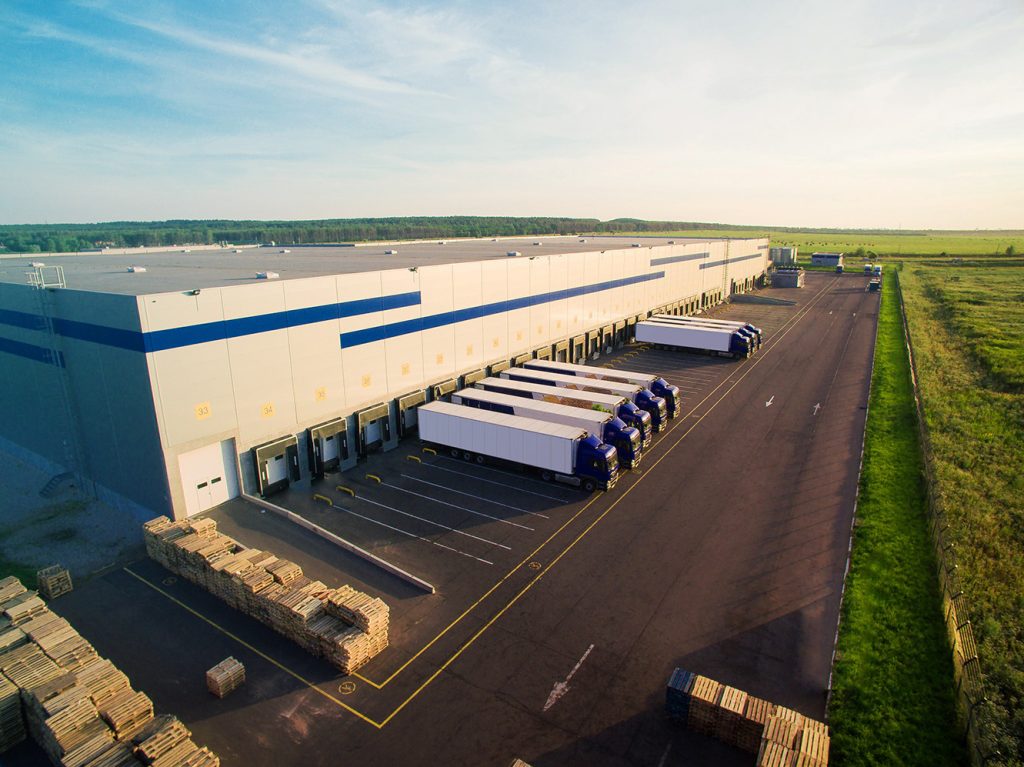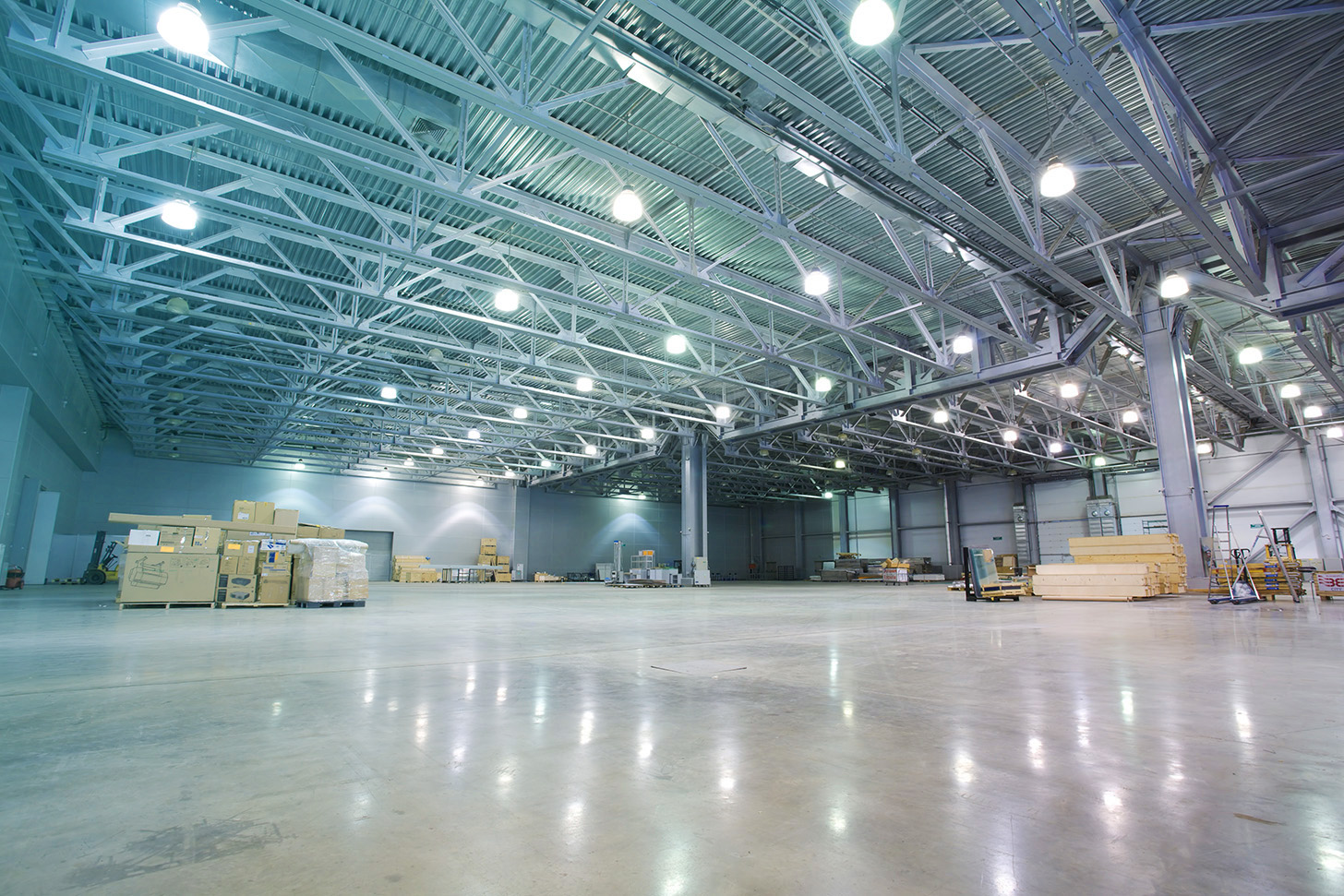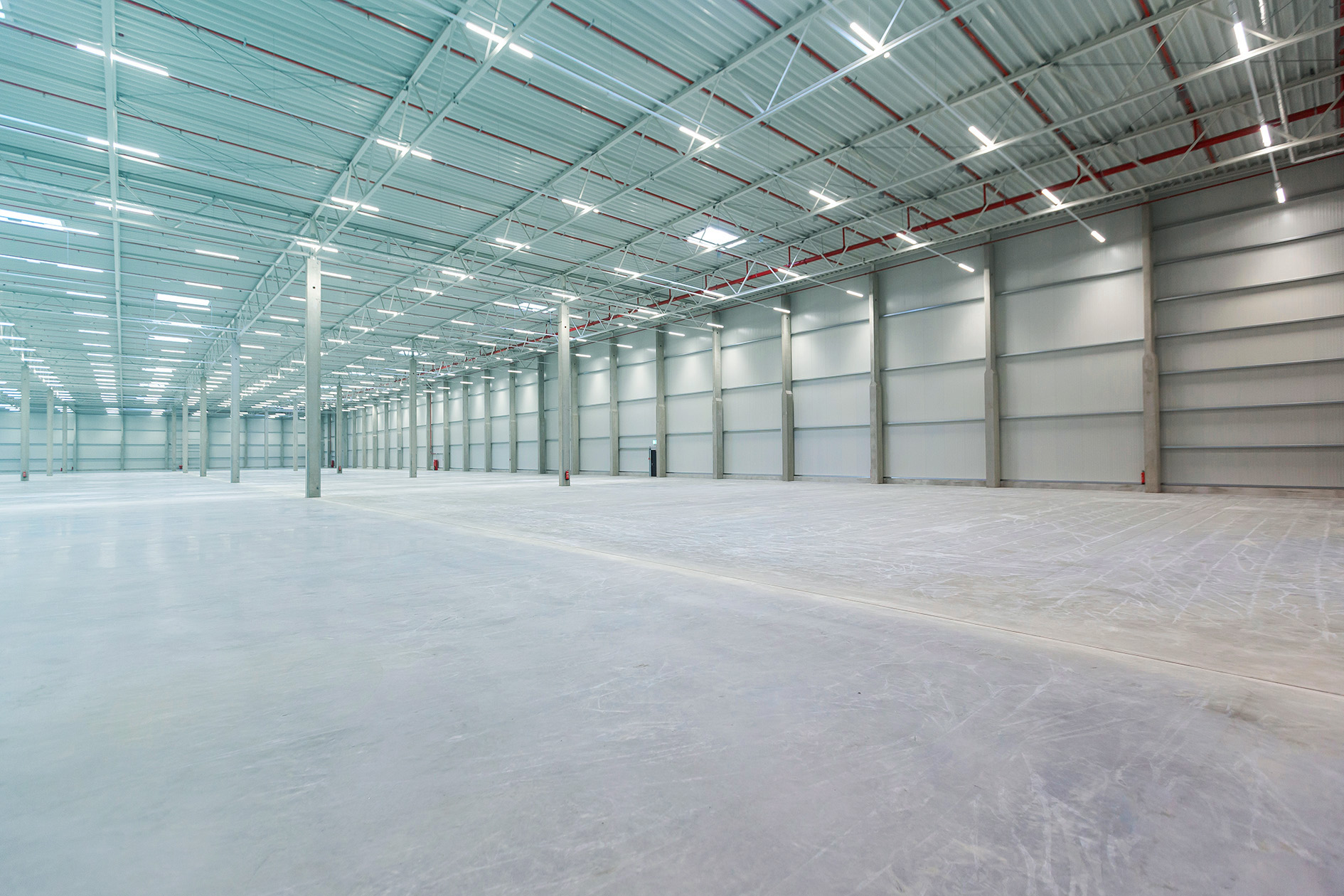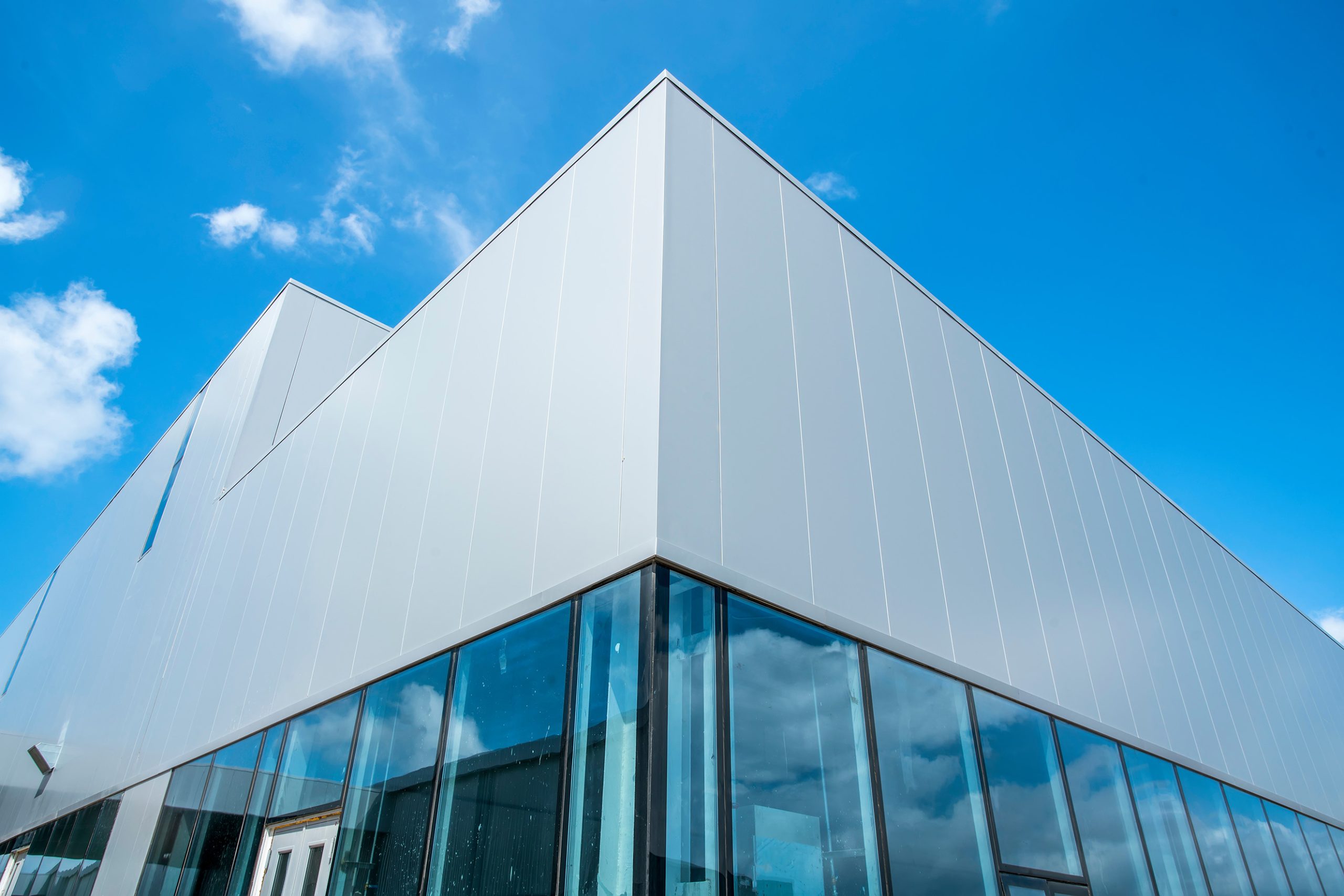Renting a warehouse can be a crucial decision for your business, providing you with the necessary space to grow, manage logistics, and streamline operations. However, finding the right warehouse requires careful consideration and planning. In this comprehensive guide, we will explore all the essential factors you need to know when renting a warehouse for your business.
Benefits of renting a warehouse
Renting a warehouse offers numerous benefits for businesses of all sizes. First and foremost, it provides you with the space you need to store your stock efficiently. This is especially important if your business deals with physical products and requires ample storage capacity.
Renting a warehouse enables you to optimise your supply chain and logistics. With a dedicated storage space, you can streamline your stock management, improve order fulfilment processes, and enhance overall operational efficiency. By having a central location for your products, you can reduce shipping costs, minimise delivery times, and provide better customer service.
Factors to consider when renting a warehouse
Before you start searching for a warehouse to rent, it is essential to consider several factors that will influence your decision. First, evaluate your storage needs by determining the volume of stock you need to store and the specific requirements of your products. This will help you determine the size and layout of the warehouse that will best suit your business requirements.
Next, assess the accessibility of the warehouse. Consider the proximity to your suppliers, customers, and transportation hubs. A conveniently located warehouse will ensure efficient inbound and outbound logistics, reducing transportation costs and delivery lead times. Additionally, evaluate the availability of parking and loading/unloading facilities, as these can significantly impact your operations.
Another critical factor to consider is the infrastructure of the warehouse. Evaluate the condition of the building, including the roofing, flooring, and electrical systems. Ensure that the facilities meet your specific industry requirements, such as height, loading access, or specialised storage needs, such as temperature control. Adequate lighting, security systems, and fire safety measures are also crucial aspects to consider for the protection of your stock.
Understanding warehouse lease agreements
When renting a warehouse, you will be required to sign a lease agreement. It is essential to thoroughly understand the terms and conditions outlined in the lease before committing to it. A warehouse lease agreement typically includes the duration (or term) of the lease, rent amount, payment terms, and any additional fees or charges.
Carefully review the lease agreement and seek expert advice if necessary to ensure that it aligns with your business needs and objectives. Pay close attention to clauses related to rent reviews, maintenance responsibilities, and the termination process. Understanding your rights and obligations as a tenant is crucial to avoid any potential disputes or unexpected costs in the future.
Additionally, consider negotiating the lease terms to better align with your business requirements. For example, you may negotiate for a longer lease term to secure a stable rental rate or request improvements to the warehouse facilities before moving in. A well-negotiated lease can provide you with more favourable conditions and contribute to a successful warehouse rental experience.
At The Lease Negotiator we can do this for you. We can not only help source the right warehouse for your business but negotiate the best deal for your business on your behalf. We are passionate about helping businesses thrive on their premises in a way that is suitable and sustainable for them.
Struggling to Find the Perfect Commercial Property?
Let us simplify the process and help you find the space that fits your vision.
Finding the right location for your warehouse
The location of your warehouse plays a significant role in the success of your business operations. When searching for a warehouse to rent, consider proximity to major transportation routes, such as motorways, ports, or airports. This will ensure efficient transportation of goods and easy access to your suppliers and customers.
Additionally, consider the local business environment and infrastructure. Look for areas with a strong industrial presence and a supportive business community. This can provide networking opportunities, access to skilled labour, and potential collaborations with other businesses in your industry.
Furthermore, evaluate the availability of essential amenities and services in the vicinity of the warehouse. These include utilities, public transportation, and nearby facilities for your employees. A well-connected and convenient location can contribute to a more efficient and productive work environment.
Determining the size and layout of your warehouse
Choosing the right size and layout for your warehouse is crucial to ensure optimal storage and operational efficiency. Assess your current and future storage needs to determine the required square footage. Consider factors such as the type of products you handle, inventory turnover rate, and any specialised storage requirements depending on the items you will be storing.
In addition to the size, evaluate the layout of the warehouse space. Ensure that it allows for easy movement of goods, efficient material handling, and logical organisation of inventory. Depending on your business needs, you may require features such as height of the eaves, mezzanine floors, or specific zoning for different product categories.
To make an informed decision, it is advisable to consult with commercial property experts, like us, who can provide insights and recommendations based on industry best practices. Optimising your warehouse layout can significantly improve productivity, reduce operational costs, and enhance overall efficiency.
Assessing the security and safety features of a warehouse
The security and safety of your inventory are paramount when renting a warehouse. Before finalising a rental agreement, thoroughly assess the security measures implemented in the warehouse facility. This includes evaluating the presence of security personnel, surveillance systems, access control mechanisms, and alarm systems.
Additionally, consider the safety features of the warehouse. Assess the condition of fire prevention and suppression systems, and emergency exits. Ensure that the warehouse complies with all relevant health and safety regulations to protect your employees and minimise the risk of accidents or injuries.
Book Your Free 20-Minute Consultation
Whether you’re looking to secure the perfect lease or close a challenging deal, this free consultation could be the game-changer you need.
Fill out the form to schedule your call and take the first step toward a successful outcome.
Budgeting for warehouse rental expenses
Renting a warehouse involves various expenses beyond the rental cost. It is crucial to budget for these expenses to ensure that you can afford the rental space without compromising your overall financial stability. Some common expenses to consider include:
- Utilities: Calculate the cost of electricity, water, heating, and cooling required to operate the warehouse.
- Maintenance and repairs: You will need to look into this as part of your lease, otherwise you will need to budget for routine maintenance and repairs, such as cleaning, pest control, and fixing any damages to the warehouse infrastructure.
- Insurance: Protect your business by obtaining comprehensive insurance coverage for your stock, liability, and potential damages to the warehouse.
- Transportation costs: Consider the expenses related to inbound and outbound transportation of goods, including fuel costs, vehicle maintenance, and shipping fees.
By accurately estimating these expenses, you can ensure that renting a warehouse remains a financially viable option for your business.

Negotiating the terms of your warehouse lease
Once you have identified a suitable warehouse and rental company, it is time to negotiate the terms of your lease agreement. You can use a company like us, The Lease Negotiator, to ensure that everything is negotiated and verified by an expert, alternatively, negotiation can help you secure more favourable conditions and ensure that the lease aligns with your business requirements.
Here are some tips for effective lease negotiation:
Understand your leverage: Assess your bargaining power by considering factors such as the demand and supply of warehouse space in the area, the length of the lease term, and the condition of the warehouse. Use this information to negotiate from a position of strength.
Consult property and legal experts: Seek advice from professionals who specialise in commercial property and lease agreements. They can guide you through the negotiation process, ensuring that your interests are protected.
Identify areas for negotiation: Prioritise the terms that are most important to your business, such as rent amount, lease duration, or maintenance responsibilities. Identify potential areas for negotiation and prepare alternative proposals to present to the landlord.
Be flexible: While negotiation is essential, it is also crucial to approach the process with a collaborative mindset. Be open to finding mutually beneficial solutions that meet the needs of both parties.
Get everything in writing: Once you reach an agreement, ensure that all negotiated terms are clearly stated in the lease agreement. Review the document carefully before signing and seek legal advice if necessary.
By approaching lease negotiation strategically and professionally, you can secure a rental agreement that aligns with your business objectives and sets the foundation for a successful warehouse rental experience.
Warehouse rental regulations in the United Kingdom
When renting a warehouse in the United Kingdom, it is crucial to comply with all relevant regulations and legal requirements. Familiarise yourself with the following regulations to ensure that your warehouse operations are in full compliance:
Health and safety regulations: The Health and Safety at Work Act requires businesses to provide a safe working environment for their employees. Ensure that your warehouse adheres to all health and safety standards, conducts regular risk assessments, and has proper safety protocols in place.
Fire safety regulations: Comply with the Regulatory Reform (Fire Safety) Order, which outlines the necessary fire safety measures for commercial premises. This includes conducting fire risk assessments, installing appropriate fire detection and suppression systems, and providing adequate emergency exits.
Environmental regulations: Adhere to environmental regulations, such as waste management and pollution prevention requirements. Ensure proper disposal of hazardous materials and implement measures to minimise the environmental impact of your warehouse operations.
Planning regulations: Familiarise yourself with local planning regulations to ensure that your warehouse use is permitted in the chosen location. Consult with local authorities or planning departments if you have any doubts or require specific permits.
Employment regulations: Comply with employment laws and regulations, including minimum wage requirements, working hour limits, and employee health and safety rights. Maintain proper records and documentation related to your warehouse workforce.
By understanding and complying with these regulations, you can operate your warehouse legally and responsibly, avoiding potential penalties or legal issues.
Renting a warehouse for your business is a significant decision that can greatly impact your operations and overall success. By considering factors such as location, size, security, and lease terms, you can make an informed choice that aligns with your business requirements.
Remember to negotiate lease terms to secure the most favourable conditions. Once you have found the right warehouse, optimise your operations through efficient layout design and effective stock management.
Lastly, ensure that your warehouse operations comply with all relevant regulations and legal requirements to protect your business and maintain a safe working environment. With careful planning and attention to detail, renting a warehouse can be a valuable asset for your business growth and success.




